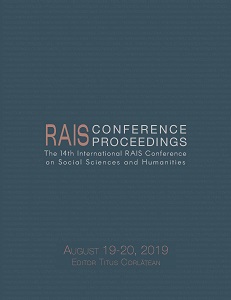Political Affections on Online Social Network: The Opinative Priority During the Presidential Campaigns
Political Affections on Online Social Network: The Opinative Priority During the Presidential Campaigns
Author(s): Aloha Boeck
Subject(s): Electoral systems, Evaluation research
Published by: Scientia Moralitas Research Institute
Keywords: opinion; online social network; community of fans; ; affect;
Summary/Abstract: How does the urgency on publicizing opinions was expressed in the uses of an online social network during a conflicted period of time like the Presidential Campaign in countries such as Brazil and United States? In these scenarios, it seems that it is not enough to simply reflect on certain relevant topics; it seems essential to externalize opinions that seek to establish an intransigent position. To understand this phenomenon, possible evidence can be found in the way communities of fans are organized, guided by the regulation of affections in the media and in education. Thus, the concept of "opinionative priority" is proposed to understand the disputes about the meaning of democracy that emerge in online social networks, being the attempt to corroborate, counter or refute a statement, in a power dispute. It is the tensioning itself resulting from the need to belong, caused by social networks, and participatory culture, because it is not enough to be and be seen, it is necessary to be part of the discussions, or to initiate a new one. These disputes treat diverse opinions as enemies to be exterminated, obliterating the pluralistic democratic condition, supported by the fundamental right of freedom of speech. Therefore, it is understood that the "opinionative priority" is more than a communication process, since it promotes a pedagogical action in which opinion is formed from absence of moderation, once there is no time for considerations; there is only the urgency to defend a point of view in social networks.
Book: Proceedings of the 14th International RAIS Conference on Social Sciences and Humanities
- Page Range: 122-127
- Page Count: 6
- Publication Year: 2019
- Language: English
- Content File-PDF

